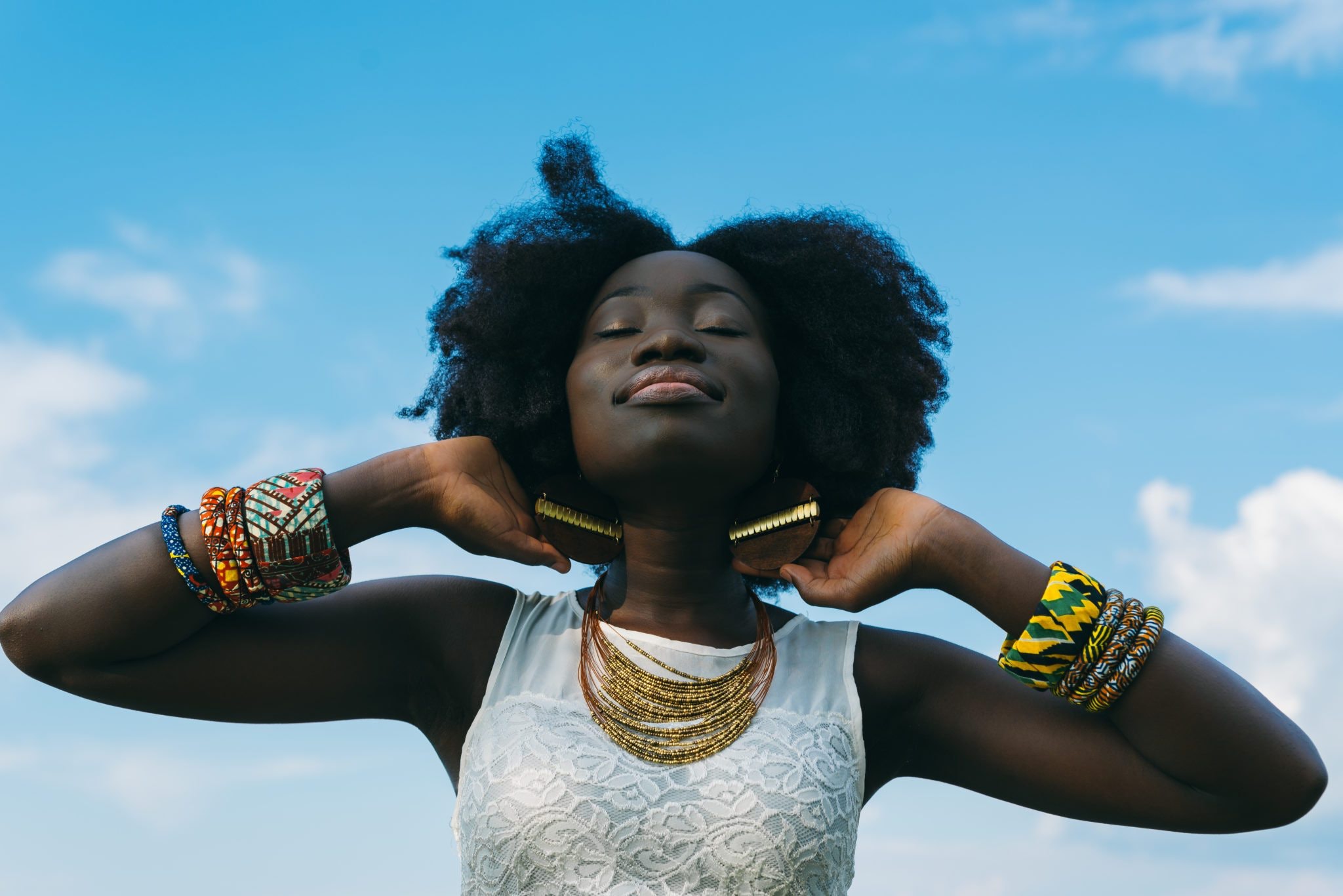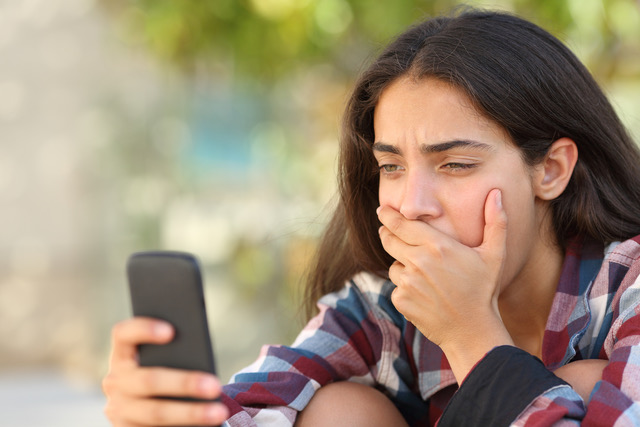Don’t Forget To Put On Your Own Oxygen Mask
As I listened to some touching stories on the morning news of young people who are caring for adult loved ones (thousands are doing so) across England and Wales, I was reminded of how serious the business of caring really is and the impact it can have on well-being both physically and mentally.
Thankfully I didn’t face being a carer until I was nearly fifty after my father-in-law died and my mother-in-law came to live with us. Make no mistake about it, we wouldn’t have it any other way.
And though my husband insisted that we hire a carer to provide support, I took care of her primarily, night and day, and since then have been coined the most qualified unqualified nurse for miles around, looking after my mother until she died, with the help of siblings and a care team, and now I’m definitely one of the key carers in my father’s corner.
Like young carers, I feel blessed to have the opportunity to care for loved ones. At times I have found myself doing little else but offering care, whether that is researching an illness as well as healthcare, spearheading communications with family members and care providers, managing special diets from making menus to cooking, cleaning, liaising with medical providers to schedule appointments and sadly starting a fire or two along the way, if you will, to get something done, and snuffing out others that have been unhelpful to the cause.
It’s an exhilarating yet exhausting responsibility to be a carer. On the one hand, I can’t tell you how happy it makes me to help create a better quality of life for my father, to give back to him, to keep him as healthy as possible for as long as possible. On the other, I don’t like talking about the exhaustion; it seems to defeat the purpose. It feels a bit like moaning.
But here is the thing, it is crucial to mental well-being to take care of one’s self, even while caring for others. Make no mistake about it: I am not offering a green light for complaining and having a gripe session about all you do and so on. But what I am saying is don’t forget to put on your own oxygen mask first! Without it, you cannot care for another.
In all of my care responsibilities over the years, this has been key to avoiding emotional tiredness, sadness, depression and even anger and frustration. But what does it mean to take care of one’s self while taking care of another?
Surely, we are given strength to rise above feeling tired or having needs, if only for a short while. We are not! Many carers find this out the hard way, making full-time care their norm and only fitting in living as and when they can to their own detriment and risk becoming disgruntled or worse yet, ill. But take a few tips from me; there is a happy medium!
- Shed the guilt. It is dead weight not only for you but also for the person you are assisting. Everyone needs self-care. You don’t need to feel guilty about understanding the importance of self-care.
- Eat right, otherwise, both mental and physical health are compromised. So, while making a meal for your loved one, make one for you too. Avoid the crisps and soft drinks on the go. And the chocolate, too!
- Get some sleep and that means more than a wink or two here or there. Sleep is so important to feeling refreshed and to thinking as Nicola Morgan points out in UIO: Your Online Wellbeing Inside Out.
- Accept help! Sometimes it seems like no one wants to help, but most family members, neighbours and friends can and are willing to do something. They can’t always commit on the level you can, but many people are willing to pick up groceries, come around for a visit, take your loved one to a doctor’s appointment and so on. Also, don’t forget about the charities that offer support to carers.
- Take a break! This is often called respite care. For me this came with having a carer come in, freeing me up to do other things. For others it has meant giving their loved one an opportunity to do something social perhaps during a day programme or something similar.
- Live life! Don’t allow the wonderful concept of caring to rid you of living. Being altruistic is a good thing and makes us feel good about life, but if that is all we do, without reference to living, it doesn’t feel altruistic anymore. So remember the space you are in and that caring doesn’t have to be all-consuming. It can be a wondrous experience, creating precious memories and a lasting bond between you and a loved one.
In the meantime, remember taking care of yourself is like putting on your own oxygen mask first in the event of an emergency. It can be the difference in a healthy experience for both you and your loved one.









